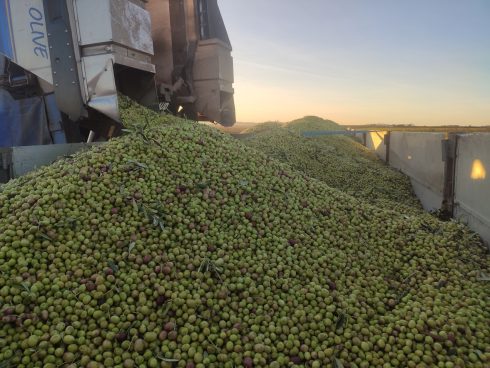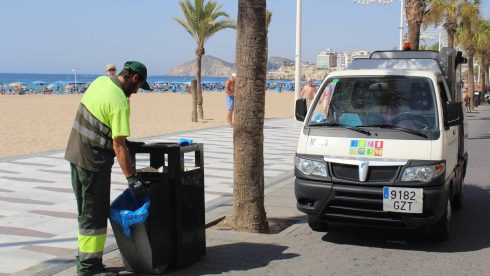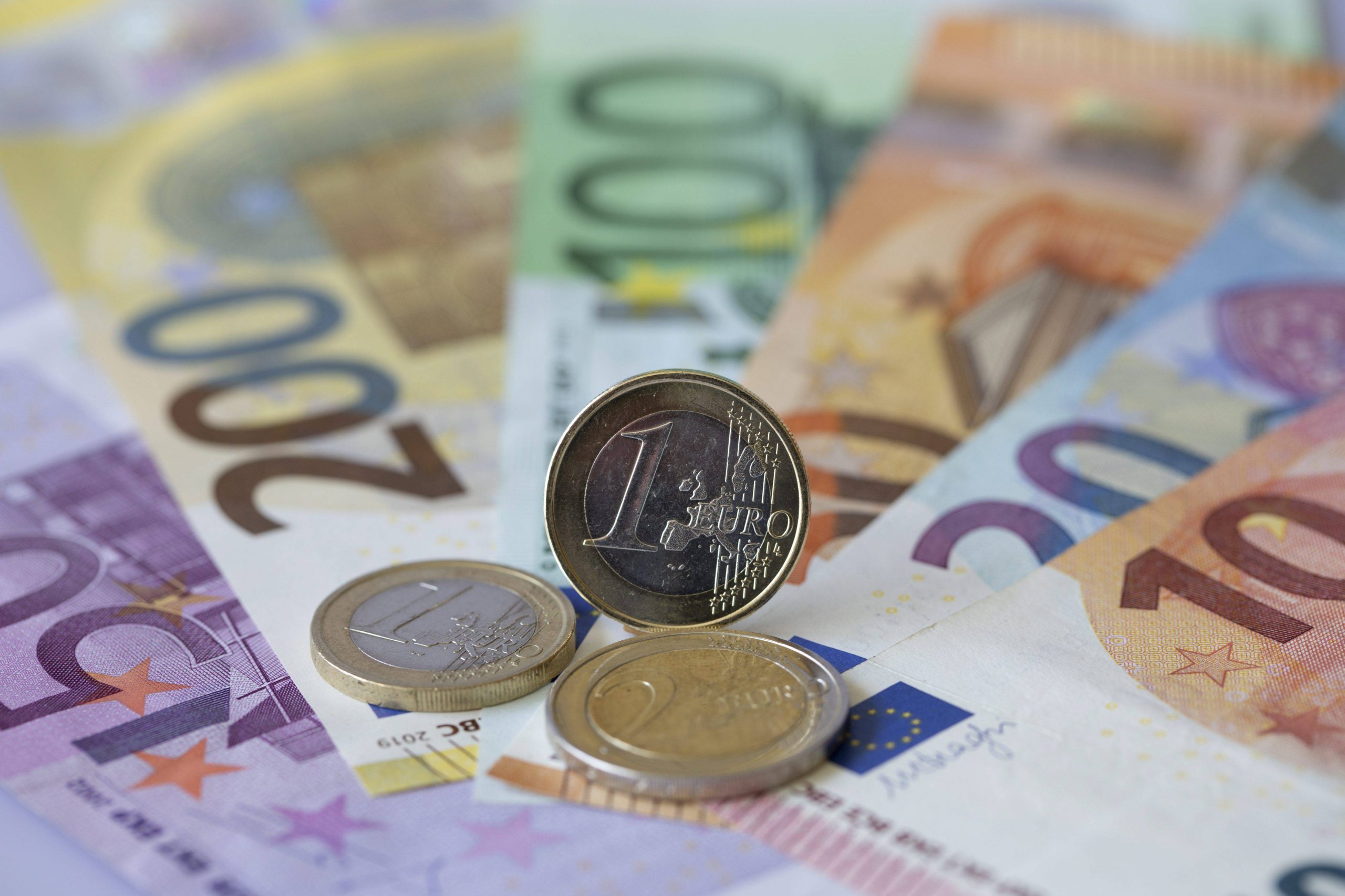IT is known as liquid gold among Spaniards. But the country’s olive oil industry has suffered a series of environmental calamities which have cut production in half in the space of just two years.
From an average production of 1.4 million tons two years ago, output fell 52% to 664,000 tonnes last year. This year, olive oil output projected to hover around 700,000 to 750,000 tonnes, marking another season of poor yields.
The root of the problem lies in a series of environmental disasters that have plagued the country over recent years, according to olive farmer and agricultural consultant Daniel Trenado.
He warned that scant, below-average rainfall has become a worrying trend, leading to the two consecutive years of historically low olive harvests.

Recent years have seen extreme heat smother the country’s crop at critical times for olive growth in the country.
A heatwave in May 2022 severely affected the flowering stage of olive trees in major production areas, a crucial period for fruit setting.
While in 2023, the lack of rainfall and dry soil during the oil formation stage in the olives led to poor harvests.
On top of that, the olive trees faced temperatures above 40 degrees Celsius during the key August to October period, when 80 to 90% of the olive’s oil content is formed.
Data from Trenado’s own farm in Extremadura showed that historical rainfall has dropped over 40% over the past 15 years.
Last year’s 272 litres is way down upon the recent average of 470 litres a year.
Fairly predictably, the result of all this turbulence has been reduced supply and a steep rise in olive oil prices.

Households have wept as olive oil shot up from €3 a litre to between €9.2 and €9.6 a litre in a short span of time thought impossible even by industry experts.
“This situation is an absolute disaster for everyone,” Trenado said.
“From the farmer, who sees expensive prices, but has no production, to the consumer, who sees how the price in the supermarket rises inexplicably.”
And Spain, which produces a third of the world’s olive oil, is not alone.
The entire Mediterranean region, including Tunisia and Turkey, has experienced a similarly poor harvest year.

This has led to export restrictions in these countries, further tightening the global olive oil market.
And as long as there is a shortage of olive oil to meet the year-round demand, prices will continue to rise.
Experts believe this upward trend will only stop when the high prices start discouraging consumption, leading to a drop in sales.
While high prices might seem to work in the oil producers’ favour, the situation is in fact detrimental to the sector as a whole.
The soaring cost of Spanish olive oil leads to lost markets and a rollback in the progress made in selling Spanish olive oil globally.
READ MORE:
- Liquid gold: How the price of extra virgin olive oil in Spain surged by 70% last year
- Warning: If you have bought THESE brands of olive oil in Spain’s Andalucia then they may be tampered with and need throwing away
- Olive oil mafia which ‘sold fake extra virgin shipments abroad’ is exposed following raids in Spain and Italy








